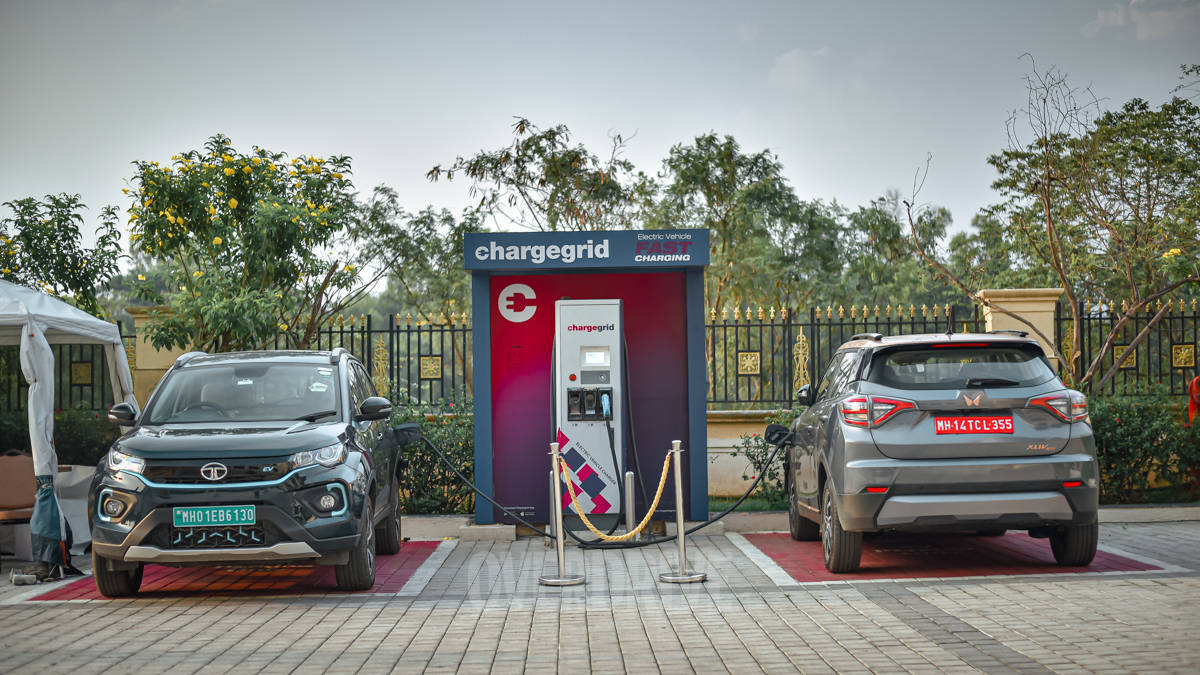As electric vehicles (EVs) become increasingly popular in India, the demand for charging infrastructure is growing at a rapid pace. Setting up an EV charging station business presents a lucrative opportunity for entrepreneurs looking to tap into the expanding electric mobility ecosystem. This comprehensive guide covers the key steps, costs, regulations, and profitability aspects of establishing an EV charging station in India.
Why Start an EV Charging Station Business?
The shift towards electric mobility in India is driven by government policies promoting zero-emission vehicles, rising fuel prices, and increasing consumer awareness about sustainability. The government’s commitment to electric mobility, evidenced by schemes like FAME II (Faster Adoption and Manufacture of Hybrid and Electric Vehicles), has created a favorable environment for EV infrastructure businesses. Establishing a charging station business aligns with this green vision while offering long-term profitability.
Step 1: Market Research and Location Selection
Conducting thorough market research is the first step in setting up an EV charging station. Identify high-traffic areas such as shopping malls, office complexes, residential societies, and highways. Urban centers and regions with a high concentration of EV owners are ideal for establishing a charging hub. Consider factors like footfall, accessibility, and proximity to major roads when choosing a location.
Step 2: Business Model Selection
There are various business models for EV charging stations:
- Public Charging Stations: Located in public areas like malls and parking lots.
- Private Charging Stations: Installed in residential complexes or corporate offices.
- Fleet Charging Hubs: Designed for commercial EV fleets, including taxis and logistics vehicles.
- Battery Swapping Stations: Allows users to exchange depleted batteries for fully charged ones.
Choose a model based on your target audience and the availability of space and resources.
Step 3: Acquiring Necessary Permits and Licenses
Setting up an EV charging station requires several permits and approvals:
- Electricity Connection: Obtain a commercial electricity connection from the local power distribution company (DISCOM).
- Load Sanction: Ensure the connection has adequate load capacity to support fast chargers.
- Safety Certification: Get approval from the Chief Electrical Inspector to ensure compliance with safety standards.
- No Objection Certificate (NOC): Required from the land-owning authority if the charging station is installed on leased land.
Step 4: Procuring Equipment and Infrastructure
The essential components of an EV charging station include:
- Charging Units: Fast DC chargers (50-150 kW) and AC chargers (3-22 kW) depending on the charging needs.
- Power Infrastructure: Transformers, circuit breakers, and energy meters.
- Billing and Payment System: Automated systems with digital payment options.
- Management Software: To monitor energy usage, payments, and station maintenance.
- Safety and Security Features: CCTV surveillance and fire safety equipment.
Partnering with established EV charger manufacturers ensures quality and warranty support.
Step 5: Installation and Setup
Hire professional electrical contractors for the installation process. The charging station must comply with national electrical safety standards and include robust grounding systems. Position the chargers for easy access while maintaining a safe distance from pedestrian pathways and traffic.
Step 6: Setting Up a Payment and Billing System
Implement a user-friendly payment system that supports digital transactions such as UPI, credit cards, and mobile wallets. Consider integrating a mobile app that allows users to locate nearby charging stations, check availability, and pay for charging sessions.
Step 7: Operational Strategy and Pricing
Your pricing strategy should factor in:
- Electricity Tariffs: Vary based on state regulations and commercial rates.
- Service Fees: Additional charges for fast charging or premium locations.
- Subscription Models: Offer discounted rates for regular users or fleet operators.
Monitor energy consumption and maintain transparent billing practices to build customer trust.
Profitability and Return on Investment
The profitability of an EV charging station depends on factors like location, utilization rate, and electricity costs. Government subsidies and incentives can reduce the initial investment. Typically, a well-located charging station can break even within 2-3 years. Charging fees range from ₹10 to ₹25 per kWh, and peak hours can significantly boost revenue.
Challenges and Solutions
1. High Initial Investment
The cost of setting up a fast-charging station can be substantial. Mitigate this by availing of government subsidies and partnering with automotive companies.
2. Inconsistent Power Supply
Ensure a reliable power connection and consider backup systems to maintain uninterrupted service.
3. Regulatory Hurdles
Stay updated on local regulations and maintain compliance to avoid legal complications.
Marketing Your EV Charging Station
Develop a robust marketing strategy to attract EV users. Partner with EV manufacturers and ride-hailing companies to increase footfall. Digital marketing through social media and location-based apps can boost visibility. Offering loyalty programs and discounts for frequent users can also enhance customer retention.
Conclusion: A Sustainable Business Opportunity
Starting an EV charging station business in India is a strategic move in the current automotive landscape. As the country embraces electric mobility, investing in charging infrastructure is both a profitable and socially responsible choice. By carefully planning the setup, acquiring necessary approvals, and adopting customer-centric practices, you can establish a successful and sustainable EV charging business.

